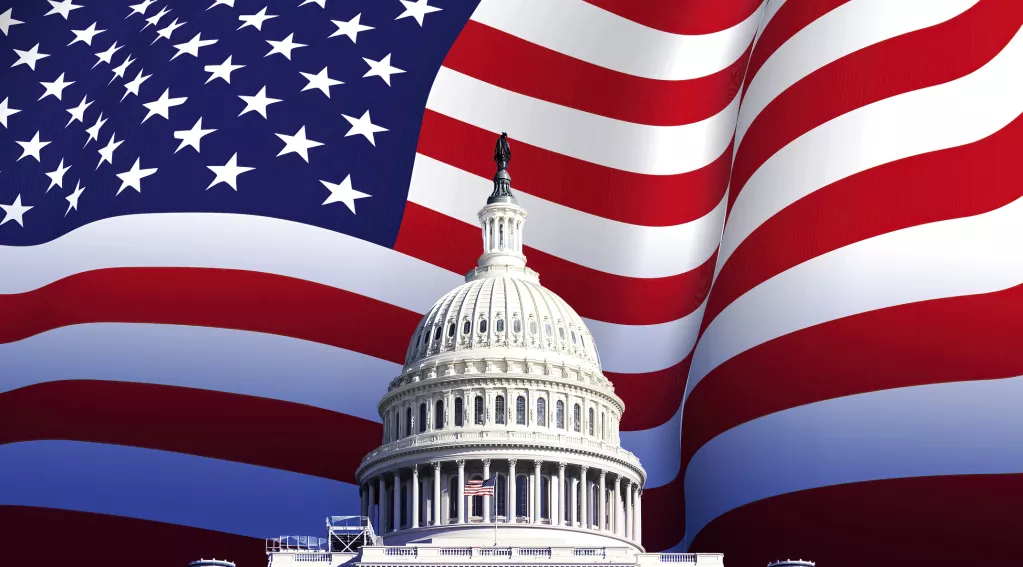House Passes FAIR-Opposed ALLIES Act

FAIR Take | July 2021
The House of Representatives overwhelmingly passed H.R. 3985, the ALLIES Act, by a vote of 407 to 16. This bill amends the Afghan Allies Protection Act of 2009 to expedite the special immigrant visa process for Afghans who worked for the U.S. government and military during the invasion and occupation of the country.
The plight of Afghans who genuinely aided the government or otherwise worked for the American military is very real, and undoubtedly concerning. Translators and informants who helped the U.S. government topple and fight the Taliban did so at great risk to both their own lives and the safety of their families. In 2009, Congress passed the Afghan Allies Protection Act which gave these individuals a path to permanent residency in the U.S. for their service to the American mission in Afghanistan. As the U.S. withdraws from Afghanistan, it is becoming increasingly clear that the Taliban will likely retake control of the country.
So, it is understandable why the current situation has elicited a sympathetic response from lawmakers on both sides of the aisle: How can we leave those who helped us hanging?
The problem is, as sweeping fraud in the parallel Iraqi SIV program makes evident, almost nothing is as it seems in either of those war-torn nations, and proper vetting can take years because even people who appear to be on the same side as you may not, in fact, be who and what they seem. The last thing we should be doing on the SIV front is “streamlining,” which is equivalent to “accelerating” in the immigration world.
For these reasons, FAIR opposed the ALLIES Act, which contains several troubling provisions to “streamline” the Afghan SIV program. It also provides an 8,000-visa increase to the Afghan SIV cap (family members do not count against it) in order to cover all potentially eligible applicants currently in the pipeline, as well as new applicants as they apply.
The bill eliminates existing language built into the law requiring that applicants have performed “sensitive and trusted services” in their capacity working with U.S. military forces in Afghanistan. This modification opens the door for any Afghan with even a tangential claim to aiding U.S. military forces to apply. Contrary to ensuring that deserving Afghans receive SIVs in a prompt and accurate fashion – something FAIR would not oppose – it is likely to open the application floodgates to applicants with marginal or frivolous claims, making it much more difficult to vet and adjudicate legitimate applicants.
Additionally, the bill eliminates existing requirements that SIV applicants show they face a serious threat. While many argue that Afghans who significantly aided U.S. military forces face a serious threat upon our withdrawal, the practical consequence of eliminating this requirement, like the elimination of the requirement to have performed sensitive and trusted service, is that it will result in a cascade of new applications, many from individuals whose service was marginal or, worse, whose loyalties are questionable.
Lastly, consider how the Biden administration is currently operating when it comes to immigration. Can the American people trust this administration to properly vet, and not rubber-stamp, every applicant of a risky immigration program? The administration’s actions all across the system say otherwise.
The bill now heads to the Senate, where a similar bill carries bipartisan support. Barring unforeseen issues among the members of the upper chamber, the Senate will pass their version of the bill. Assuming there are no major differences between the House and Senate versions of the bill requiring a conference committee, the legislation will then go to President Biden’s desk for his signature.

